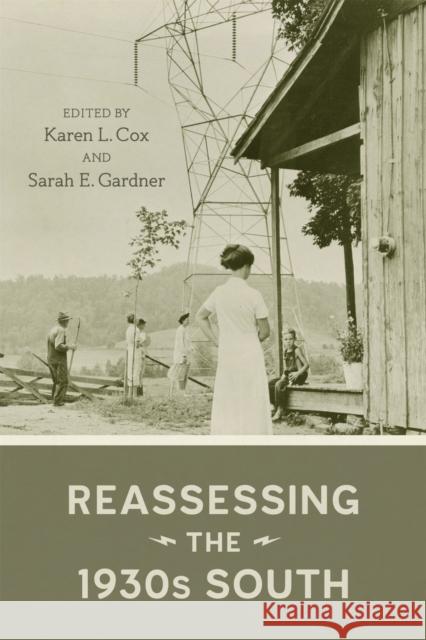Reassessing the 1930s South » książka
Reassessing the 1930s South
ISBN-13: 9780807169216 / Angielski / Twarda / 2018 / 272 str.
Reassessing the 1930s South is a collection of essays by art critics, historians, and literary scholars that seek to move beyond the overused stereotypes of the region during the Great Depression. Much of American popular culture depicts the 1930s South as a region that was either inhabited by a population that was intellectually, morally, and physically stunted or a place that was abnormally isolated from the rest of the nation. Its residents, according to the first version of this stereotype, were so beaten down by decades of insurmountable deprivation that they dragged down an already suffering nation. According to the other version, the South in the 1930s was a sentimental and romantic region that stood apart from time, untroubled by the wrenching effects of a crumbling American economic system. Though these images stand as polar opposites, both cast the south as exceptional, as apart from the American norm. The essays collected in this volume challenge those widespread assumptions. They provide instead an interpretation of the region that focuses on its embrace of technological innovation, welcome of government-sponsored programs of modernization, rejection of the plantation legend of the late-nineteenth century, and flirtation with unionism and inter-racialism. Taken collectively, the essays reveal a dynamic region that responded to the Great Depression myriad ways, many of them surprising. In short, this is not Erskine Caldwell's or the Nashville Agrarians' South. Indeed, by widening the lens, what emerges is a region that confronted, even if imperfectly, its problems and attempted to exploit its assets.











